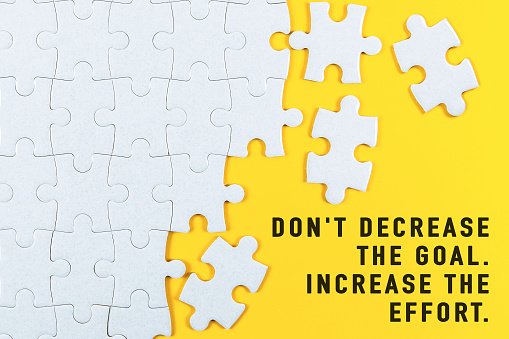Introduction.
Goals and dreams are more than just things you think about when you’re feeling inspired. They are powerful tools that can shape your life.
Think about it—every achievement, big or small, often starts with a clear goal or a dream. Goals give direction, while dreams provide motivation.
Together, they help you focus on what matters and push you to become the best version of yourself.
But how do you use them to create real, personal success? That’s what we’re going to explore today.
I’ll walk you through why setting goals is important, how to turn dreams into achievable steps, and how these two elements work hand-in-hand to transform your life.
What’s the Difference Between Goals and Dreams?
Before diving deeper, let’s get one thing straight. Goals and dreams are not the same. A dream is a vision—something you imagine for your future.
It could be owning a business, travelling the world, or becoming financially independent. A goal, on the other hand, is the practical, actionable step that helps you get closer to that dream.
Think of dreams as the “what” and goals as the “how.”
Why Goals and Dreams Matter
Here’s why they’re so important:
- Direction and Focus: Without goals, it’s easy to feel like you’re drifting. Goals act like a map, helping you stay on track.
- Motivation: Dreams remind you why you’re working so hard. They keep you excited about the future.
- Measure Progress: Goals help you see how far you’ve come and what’s left to do.
- Personal Growth: Working toward something meaningful makes you stronger, more resilient, and more disciplined.
How To Use Goals to Achieve Success
1. Set SMART Goals
The best goals are SMART:
- Specific: Clear and focused.
- Measurable: You can track your progress.
- Achievable: Realistic given your resources and time.
- Relevant: Connected to your larger dreams.
- Time-bound: With a deadline to keep you accountable.
Example: Instead of saying, “I want to save money,” try, “I’ll save $5,000 in the next six months by setting aside $850 per month.”
2. Break Goals Into Steps
Big goals can feel overwhelming. The key is breaking them into smaller, manageable tasks. For example, if your dream is to run a marathon, start with short daily runs, then work up to longer distances over several months.
3. Track Your Progress
Regularly checking in on your progress helps keep you motivated and on course. Apps like Trello or simple planners can help you organize tasks and celebrate small wins along the way.
4. Stay Flexible
Life happens. Unexpected challenges may force you to adjust your goals. That’s okay. Staying flexible doesn’t mean giving up—it means finding another way to get where you want to be.
5. Reward Yourself
When you hit a milestone, celebrate it! Rewards make the process more enjoyable and give you a sense of accomplishment.
Turning Dreams Into Reality
1. Visualize Your Dream Daily
Take time to imagine yourself achieving your dream. Visualization isn’t just wishful thinking; it primes your mind for success. Studies show that mentally rehearsing positive outcomes improves performance and confidence.
2. Create a Vision Board
Gather pictures, quotes, or anything that represents your dream and put them on a board where you’ll see it every day. This keeps your dream front and center in your mind.
3. Share Your Dream
Talking about your dream with supportive friends or family can keep you motivated and accountable. Plus, they might offer ideas or opportunities you hadn’t considered.
4. Align Your Actions
Make sure your daily habits and choices align with your dream. If your dream is to write a book, for example, set aside time each day to write—even if it’s just a paragraph.
Common Challenges (and How To Overcome Them)
- Procrastination: Start small. Just getting started often builds momentum.
- Fear of Failure: Shift your mindset. Failure is a learning experience, not the end of the road.
- Losing Motivation: Revisit your why. Remind yourself of the reasons you set this goal in the first place.
FAQs
Q: Can I have more than one dream at a time?
A: Absolutely. It’s normal to have multiple dreams, but focus on one or two at a time to avoid spreading yourself too thin.
Q: What if I fail to meet my goal?
A: Failure isn’t the opposite of success—it’s part of the process. Reflect on what went wrong, adjust your approach, and try again.
Q: How do I stay motivated when progress is slow?
A: Break big goals into smaller milestones. Celebrate each win, no matter how small, to keep your spirits up.
Q: What if my dream changes?
A: That’s perfectly fine. As you grow, your dreams might evolve. Adjust your goals to match your new vision.
Conclusion
Using goals and dreams to achieve personal success isn’t just about thinking big—it’s about taking consistent, meaningful steps toward a future that excites you.
By setting clear goals, breaking them into smaller tasks, and staying committed to your dreams, you’ll create a life that feels fulfilling and purposeful.
So, what’s one small step you can take today to move closer to your dream? Let me know!





GIPHY App Key not set. Please check settings